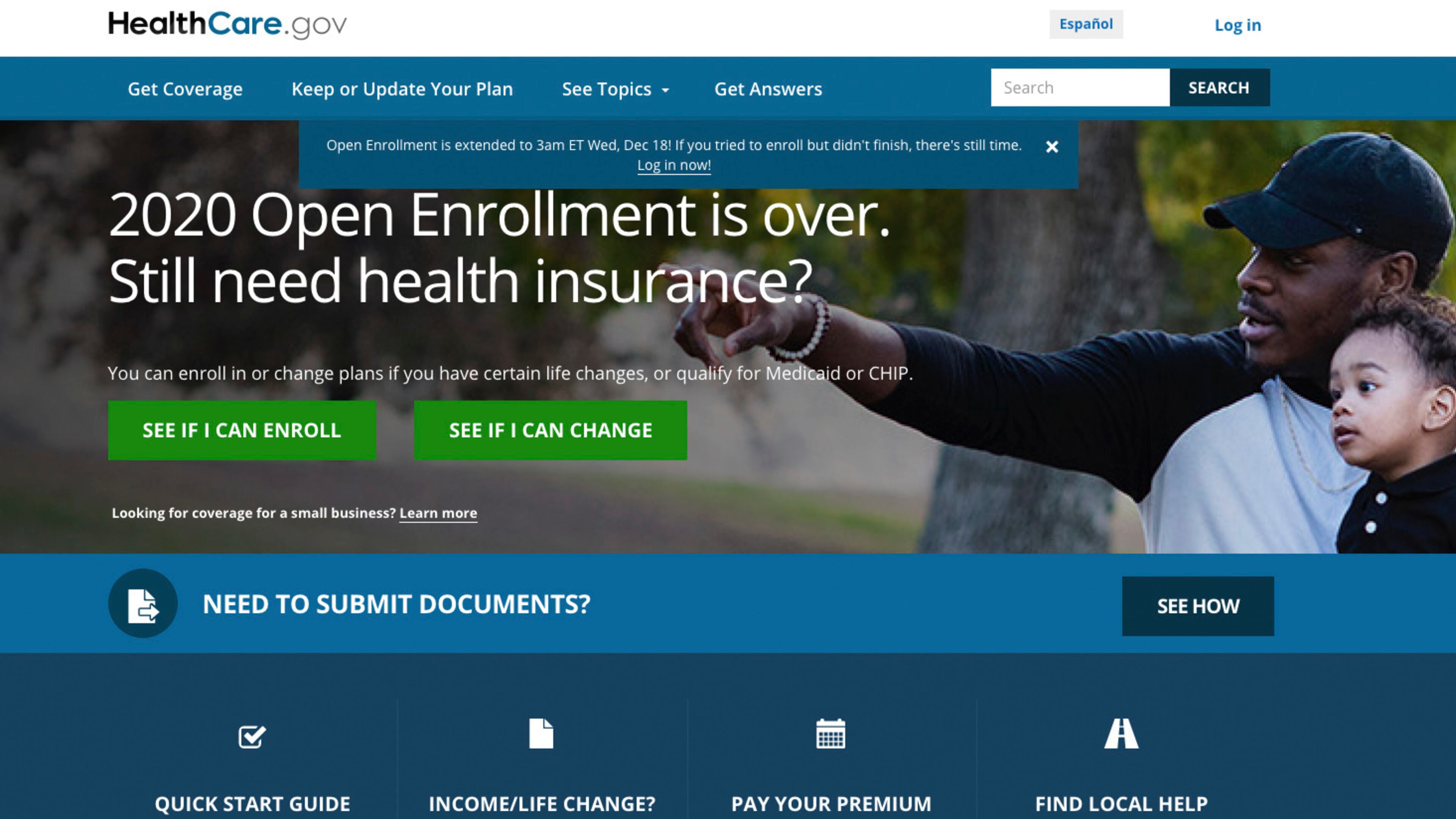Public comment function broken on Kemp proposal to block ACA website

When Karen Lui learned this weekend about Gov. Brian Kemp’s proposal to block Georgians’ access to the Affordable Care Act shopping website, healthcare.gov, the Gainesville resident was glad to see there was a way to lodge a personal comment. But when she followed the directions, her comments were returned to her.
With public comment closing down Sept. 16, several other readers told the AJC they, too, found they were unable to comment on the proposal.
The apparent malfunction raises questions about whether the proposal can maintain its current path through the Trump administration’s approval process.
“The inability for people to submit comments during the federal comment period certainly wouldn’t help the Trump administration’s case in court if the waiver does get approved and is challenged in court,” said Katie Keith, who teaches health law at Georgetown University.
The U.S. Department of Health and Human Services and its Centers for Medicare and Medicaid Services did not respond to questions about the apparent malfunction or whether the public comment period would be extended.
When Congress wrote the laws for Medicaid and the Affordable Care Act, included were ways that government agencies could make exceptions by waiving some provisions to meet an individual state’s needs. But knowing that agency staffs are not elected and that the provisions deserve public debate, Congress mandated that state and federal agencies working on such “waivers” accept public comment — and consider it.
“I think it’s so important,” said Lui, a nurse and a consultant in cardiac healthcare.
Lui, other Georgians the AJC spoke to, and a reporter for the AJC each attempted to follow the Centers for Medicare and Medicaid Services’ main instruction for submitting comment. They clicked on the email address, or copied and pasted the email address, and wrote their comments and submitted the email. The emails bounced back.
When the AJC instead typed in the email address letter by letter, that email went through and was accepted. But Lui said she tried that method and her email again bounced back.
If it’s the result of a computer error, she said, “it needs to be corrected immediately. If granting a waiver is determined somewhat by responses from citizens in Georgia, Georgians need to be heard from. This will have a huge impact on health care coverage for many individuals in 2021.”
About 400,000 Georgians signed up for health insurance under the Affordable Care Act by using healthcare.gov last year. The website does a couple of things important under the law: First, it only shows plans that meet the requirements of the ACA for covering “essential health benefits” such as prescriptions or psychiatric care. Second, it shows people what their real premium price would be, after they get subsidies for their income level. Then it shows their options so they can compare.
If approved, Kemp’s plan would block Georgians’ access to healthcare.gov.
It wouldn’t create a new shopping website, or create new options. But it would provide some kind of landing page with contact information for agents and brokers already in the insurance industry. Agents' contact information can also be found on healthcare.gov.
Critics say somewhere between 35,000 and 100,000 Georgians could lose health insurance as a result. The Kemp administration says that, on the contrary, 25,000 more Georgians would gain insurance, because private agents would be more active and aggressive in offering options. In addition, they may offer plans that provide less coverage than plans on healthcare, but are cheaper.
Learn more
The Trump administration is accepting public comment on the waiver proposal until Sept. 16. The waiver information can be found under “Georgia” at this website, and comments can be mailed to stateinnovationwaivers@cms.hhs.gov


